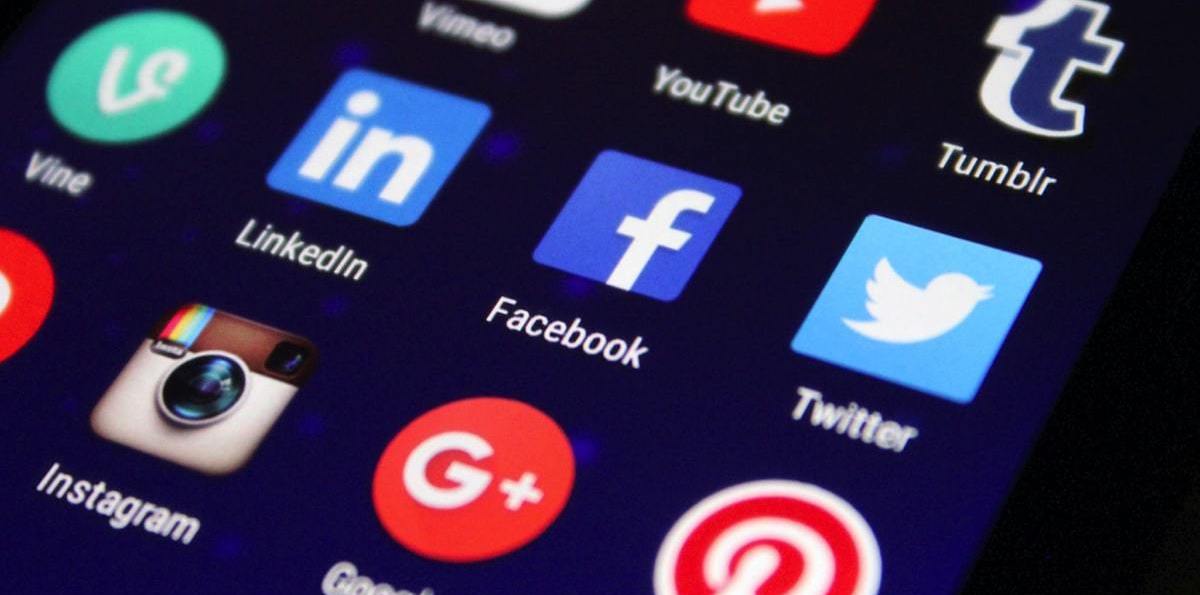Do I need a digital strategy?
Posted on 16th September 2022
The answer is ‘Yes’ and ‘No’. We’re going to be a little bit controversial here.
The internet of everything, the dataverse and all things ‘digital’ have taken over our lives, especially in recent times.
We are becoming ‘digitally enabled’, working in ‘digitally optimised organisations’, working from home, and living with ‘digital natives’.
We need to ‘monetise social’, to be ‘omnichannel’, and enhance our customers’ online experiences. We need to be everywhere that is digital and, above all…
You need a strategy
Being online is a scary new place for many people.
Many feel they don’t understand it as well as they should – even the digital experts. Surely, we need to take advantage of all these new digital opportunities, and we need a digital strategy to cope with them.
Here’s the controversial part…
You don’t – you just don’t – need a digital strategy.
You need a strategy that's fit for purpose in a digital world.
What you need to do hasn’t changed. You need to understand what your customers want – and then give it to them.
There are probably some amazing new digital tools out there to help you give your customers the ‘Wow!’ experience, once you know what it should be. Just don’t let the medium become the message (apologies to Marshall McLuhan for taking a liberty).
Here’s another controversial statement. The easiest and best way to find out what people want is to ask them.
Ask the right questions
Now admittedly, in a digital world, there are new and easier ways of asking people what they want. Survey Monkey is undoubtedly a useful tool and the Twitter polling function is fast and easy.
There’s also the question about whether people will know what they want when faced with so many new options.
Let’s be even more controversial. Don’t ask people whether they would like to follow with you on Facebook or Twitter. Ask what they would like to talk with you about and when.
Otherwise, it’s like asking them whether they would like their car with black or tan upholstery when they’ve just walked into the showroom.
Too much, too soon.
Don’t invite people to give you a ‘wish list’ that you won’t be able to fulfil. Be focused and specific.
Don’t just ask ‘yes’ or ‘no’ questions. Have real conversations about quality of service. Talk about good value rather than cost and satisfaction in terms of how customers feel.
The difference between information and data
You can get some indicators of all these things by collecting and aggregating information from customer activity in your website or online store for example. But then what do you do with it?
As a ‘cub’ marketer, the first and most important lesson to be learnt was ‘don’t assume anything’.
Why? Because you can make some really terrible decisions based on assumptions. You need to have meaningful information, rather than data. You need to understand what it represents and test it with real, live people.
So let’s get real.
There’s plenty of evidence that people like social media and online shopping, and they have become a much more important part of our lives.
As well as shopping and ordering food, there’s information about almost everything available online. You can have live streaming music and watch your favourite TV box sets on Netflix.
This new digital environment offers us all sorts of options – maybe too many. It is important to be clear about our intentions.
Be social and have fun!
Live music on Periscope was fun and, although it’s still around, Facebook Live has stolen the limelight, which just goes to show how quickly things can change.
The important thing is not whether you like specific social media platforms, but whether they are where you will find your stakeholders.
Be purposeful
If you love Facebook, that’s great. Will your customer want to see a picture of what you had for dinner last night? Perhaps not.
It’s important to define your personal and professional social media activity very carefully and clearly.
Bear in mind your customers might be as bemused as you about all the digital opportunities and how to use them. They might follow you because they have met you at work and then un-follow you later because this doesn’t seem to be the right way to keep up to date with you professionally.
Be professional and have fun!
So, by all means, set up a Facebook business page or a LinkedIn profile for your business, but in most cases, be very clear about how and when you will use them and avoid or minimise overlap with your personal social media channels.
How will I know which channels to use?
Are your competitors using the channel? Are people following them? Are industry experts commenting? Does the channel provide news that you find interesting and useful? If the answers are yes, then you should consider joining in.
Just be clear about your purpose.
Use your digital channels as a forum to learn more and understand the people who are important to your success. Be ready to engage with them and to invest time in commenting and responding in relevant and thoughtful ways. Join groups that interest you.
Don’t be afraid to let people get to know you. That’s the great bonus of these fast-moving communication channels. Post about current topics, respond to others. Become part of a community.
Better still, use them as a way to get to know people personally.
Share this post:






